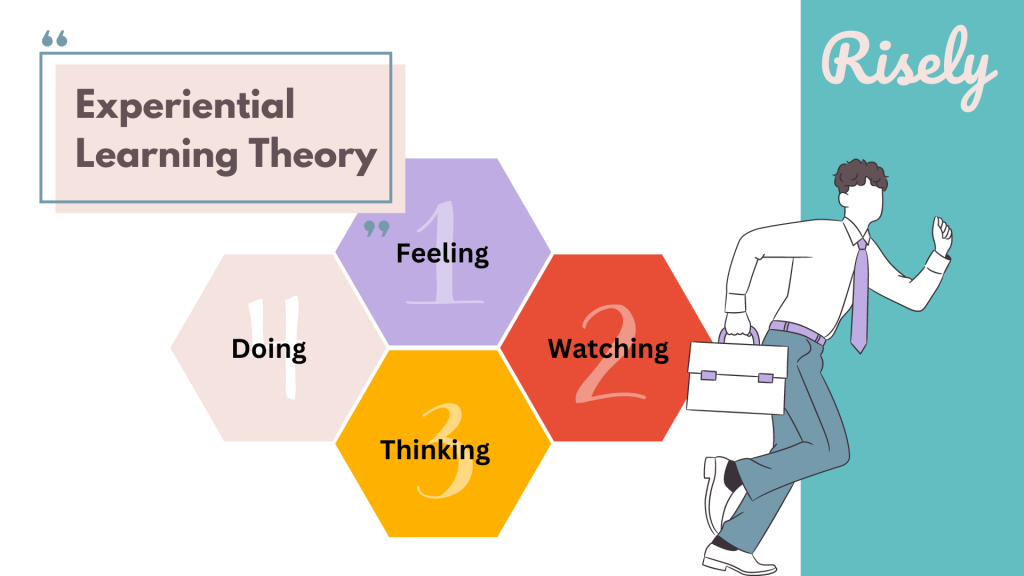VIEW TO THEORY
Some people succeed at learning new skills and knowledge while others fail to grasp basic concepts, you may want to find out more about learning theory. Theories of learning and human resource development can help guide employees in their career development. By giving your staff access to a broad spectrum of courses, workshops, and self-paced alternatives, you can enable their development and improve productivity for your business at the same time.
Behaviorism
Changes in behavior indicate success. You might use this strategy to get employees to adopt new policies and procedures. For example, you lecture participants and then you test them on retention of the material. You reward those who pass the exam and demand that those who fail to retake your course.
Cognitivism
Small business owners can use this strategy to encourage employees to improve their strategic thinking practices, memory, and problem-solving skills.
Constructivism
Small business owners need to recognize that their employees bring past work experience, cultural background, and personality to their current roles.
Connectivism
This learning theory recognizes that learning is a process of connecting diverse opinions, information and resources. Successful entrepreneurs know that the ability to make connections equals long-term profitability.
The Core Competencies to Leadership Roles
- Competency in Leading Others
- Competency in Task Management
- Innovation Competency
- Competency in Social Responsibility
- Competency in Self Discipline
Duggan, T. (2024,
03 18). Theories of Learning Human Resource Development. Retrieved from
Learning and development theories in hrm:
https://www.google.com/search?q=learning+and+development+theories+in+hrm&source=lmns&bih=738&biw=1536&prmd=ivsnbmz&rlz=1C1KNTJ_enLK1067LK1067&hl=en&sa=X&ved=2ahUKEwjNgf6jx_-EAxVVyzgGHaTTC40Q0pQJKAB6BAgBEAI



5 main areas of leadership need to be address with more details I believe. In the ever-evolving realm, pliancy, emotional wisdom and the talent to plainly share one's ideas are not just wanted traits but crucial expertise for a leader. A pliable leader can sail across difficulties. A sagacious leader builds sturdy bonds. Interpersonal discussion guarantees that the leader's communiques are grasped. Those qualities are not desirable attributes in a leader. They are skills that anyone seeking to be a leader must possess. They will aid to make fitting choices and foster teamwork on their crew. They will lead their establishment to outstanding achievement in the days ahead.
ReplyDeleteThis article presents a compelling argument for the significance of learning theory in employee development. Understanding these theories not only facilitates skill and knowledge enhancement but also plays a crucial role in guiding career development, especially within human resource management. Moreover, the emphasis on offering diverse training options like courses, workshops, and self-paced learning underscores the importance of catering to various learning styles. Ultimately, investing in employee development not only benefits individual growth but also contributes to enhancing overall business productivity.
ReplyDeleteUnderstanding these theories can indeed help guide employees in their career development and improve overall productivity.
ReplyDelete